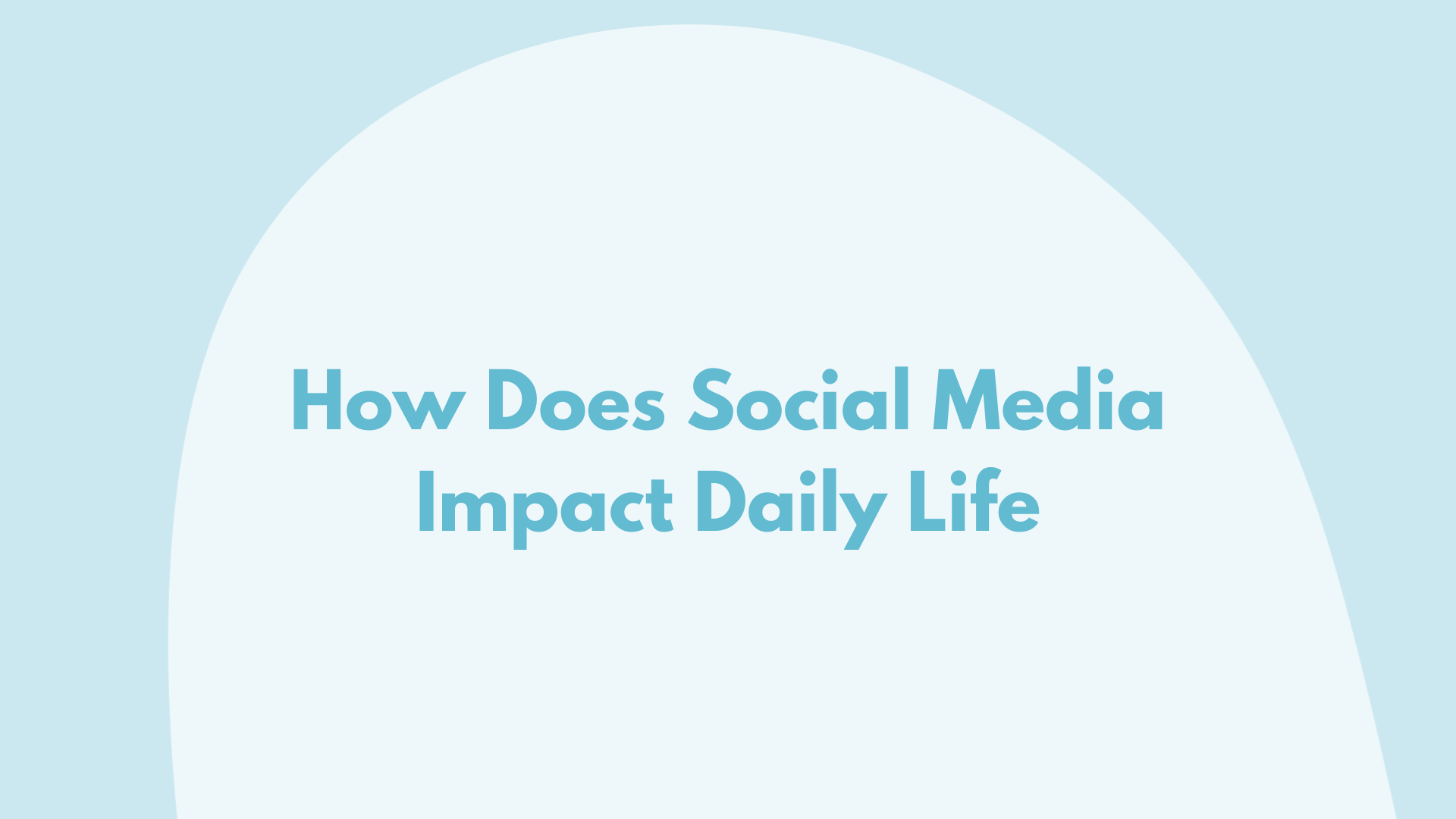The impact of social media on daily functioning
Social media has a significant impact on our daily lives and mental health. The use of filters and
editing tools has become commonplace on social media platforms, and it's easy to forget that what
we see online is not always an accurate reflection of reality. Many posts are carefully curated to
present a perfect image, and the use of filters can create a false sense of beauty and perfection. This
can lead to a distorted perception of our own bodies and contribute towards negative body image.
Furthermore, the constant comparison to others on social media can lead to decreased life
satisfaction. On platforms such as Instagram, Tiktok and Facebook, we are constantly bombarded
with images of others seemingly living their best lives. This might make us feel like we're not
measuring up or not achieving as much as we should be. This can also contribute towards feelings
of low mood.
Lastly, it is important to understand that social media has incredibly addictive properties and this is
in part due to the way it contributes towards a dopamine hit in our neural networks. When we
receive likes, comments, or other forms of social validation on our posts, our brain releases
dopamine, a neurotransmitter associated with pleasure and reward. This creates a positive feedback
loop that can lead to increased social media use and a desire for more validation. Over time, this can
lead to addiction and negative effects on our mental health. Therefore, it's important to be aware of
the addictive nature of social media and to develop healthy habits around its use.
How to use social media in a healthier way
It's essential to recognise the impact that social media can have on our mental health. It is also
important to develop strategies to protect ourselves from its negative effects. Developing healthy
boundaries with social media is essential to protect our mental health and well-being.
Here are some tips to help you establish healthy habits around social media use:
1. Set limits and boundaries around your social media use
Establish boundaries around when and how you use social media. For example, you may choose to
limit your use to certain times of the day or to specific activities. You could also set an 'app timer'
on your phone, which will ensure that you only spend a specified amount of time on this chosen
app.
2. Take regular breaks from social media
It is important to take regular breaks from social media too recharge and reconnect with the real
world.
3. Practice self-care
Make sure that you prioritise other self-care activities as compared to always scrolling through
social media.
These other self-care strategies could include: exercise, meditation, spending time with loved ones,
eating nutritious food, having a bath, or journalling etc.
4. Try to be mindfully aware of your emotions and thoughts when using social media
Pay attention to how social media makes you feel and be aware of any negative emotions. These
emotions could include anxiety, jealousy, low mood, or any comparison related thoughts that may
arise.
If you are experiencing some of these emotions or thoughts you may want to consider taking some
time away from social media, engaging in self-care activities, journalling, meditation or seeking
professional support.

